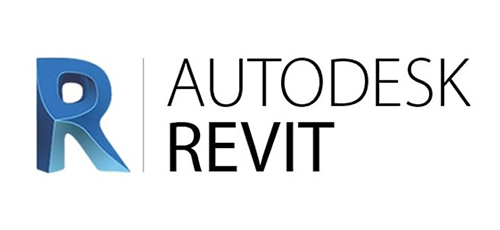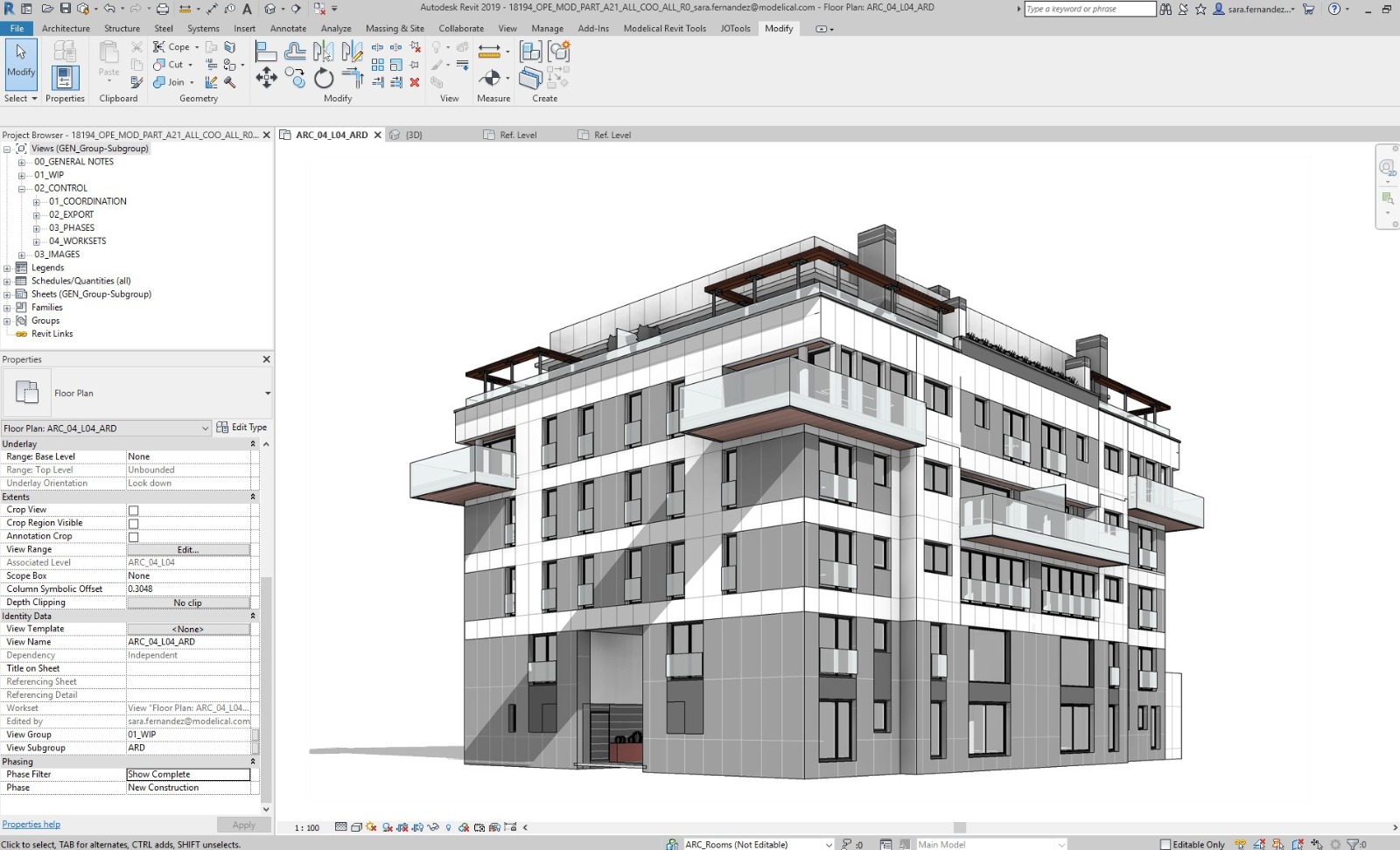Revit Architecture Training Overview in Fujairah

Autodesk Revit is a powerful Building Information Modeling (BIM) software tool widely used by architects, structural engineers, designers, contractors, and other professionals in the architecture, engineering, and construction industries. The Revit Architecture training program offered by the Four Skills Training Institute in Fujairah is designed to equip individuals with the skills needed to effectively plan, design, and construct buildings and infrastructure using BIM technology. Expert trainers and a well-defined curriculum prepare participants to become proficient professionals who can harness the capabilities of Revit technology to produce accurate and functional building designs.
Importance of the Revit Architecture Course
Revit Architecture plays a crucial role in modern architecture, engineering, and construction industries. It enables the creation of detailed 3D BIM models, promotes collaboration among multidisciplinary teams, and provides tools for efficient design and construction planning. Knowledge of Revit Architecture is highly sought after in the job market, making the Revit Architecture course essential for individuals who aim to:
- Create realistic and detailed 3D images.
- Enhance collaboration among multiple teams or engineers.
- Familiarize themselves with the tools used in Revit Architecture.
- Generate multiple design options and plan construction projects effectively.
Why Get Revit Architecture Certification?
Revit Architecture is a specialized architectural design and documentation software application developed by Autodesk. It offers a suite of features tailored for supporting Building Information Modeling (BIM) processes. Achieving Revit Architecture Certification demonstrates an individual's advanced skills and ability to tackle complex challenges in design workflows. Certification enhances credibility, establishes professional expertise, and sets candidates apart in a competitive job market. Here are some benefits of obtaining Revit Architecture Certification:
- Establishes credibility and demonstrates expertise.
- Offers worldwide recognition as a symbol of professional achievement.
- Contributes to the success of the candidate's organization.
- Keeps professionals up-to-date with the latest industry trends.
Revit Architecture Course Syllabus
The Revit Architecture course typically covers a range of topics, including but not limited to:
- Introduction to Autodesk Revit Architecture
- Basic drawing and editing
- Setting up levels and grids
- Drawing and modifying walls
- Doors and windows
- Curtain walls
- Creating views
- Floors
- Components
- Reflected ceiling plans
- Roofs
- Vertical circulation
- Construction documentation
- Annotation
- Tags and schedules
- Detailing in Autodesk Revit Architecture

Revit Architecture Training Outcomes and Professional Benefits
The Revit Architecture Training program is designed to provide comprehensive knowledge of BIM software for building design projects. Attaining Revit Architecture Certification yields numerous professional benefits, including:
- Building universal skills and recognition: Certification validates competency in creating safe and accurate structural designs, making professionals globally recognized and adaptable.
- Preparation for engineering firms: Certification equips individuals with the skills and competencies needed to work in engineering firms.
- Career enhancement: Revit Architecture Certification showcases expertise in architectural design, leading to career advancement, recognition, and authority.
- Expertise in structural design: Certification demonstrates the ability to create precise structural designs.
- Competitive salaries: Certified Revit Architecture professionals are in high demand, commanding competitive salaries, creative flexibility, and increased productivity.
- Expanding knowledge: The certification course provides in-depth knowledge and in-demand skills through a comprehensive training structure.
- Portfolio boost: Certification demonstrates credibility and proficiency in Revit Architecture, giving professionals an edge in job searches.
Revit Architecture Certification Course Career Path and Opportunities
After completing Revit Architecture Training and obtaining certification, professionals can explore various job opportunities, including roles such as:
- Architect
- Interior and spatial designer
- Building surveyor
- Town planner
- Production designer
- Historic buildings inspector
- Structural engineer
Industries Seeking Revit Architecture Professionals:
- Construction
- Automotive
- Manufacturing
- Energy management
- Electricity
- Communication technology
- Sustainable design
- Piping industry

